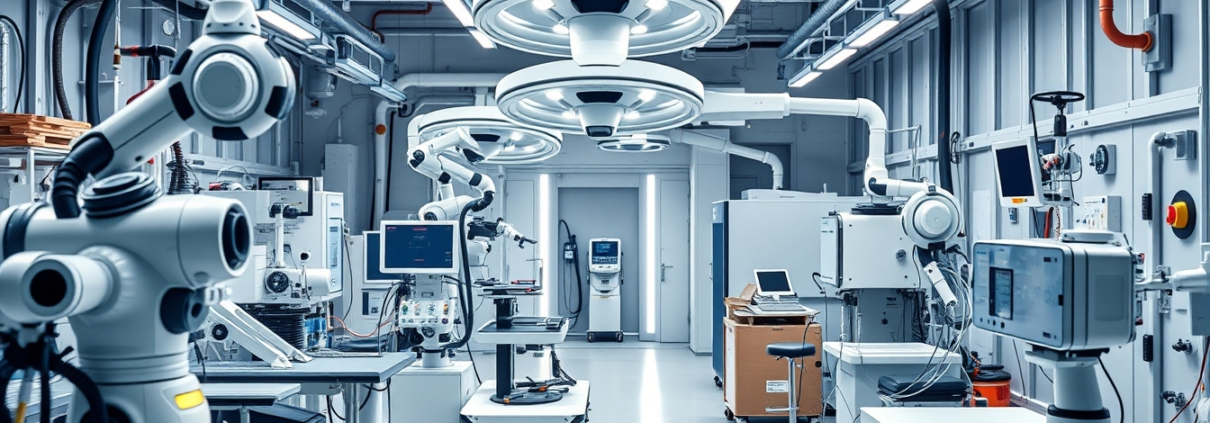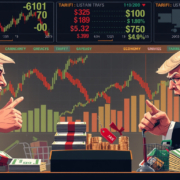Trump Administration’s Tariff Threat: A Looming Impact on Robotics and Medical Devices
Trump Administration Expands Tariff Investigations to Robotics and Medical Devices
Washington, D.C. – September 24, 2025 — The Trump administration steps up its trade policy. It starts national security probes into imports. The focus stays on robotics, industrial machinery, and key medical devices. The Department of Commerce announced the move on Wednesday. Tariffs may soon target sectors seen as needed for U.S. security. The change might raise costs for buyers, hospitals, and makers.
Broadening the Tariff Net Under Section 232
Under Section 232 of the Trade Expansion Act, probes began on September 2, 2025. The tests check if imports hurt U.S. security. The scan covers robotics and industrial machines. It covers protective gear like surgical masks, N95 respirators, and gloves. It covers consumable items such as syringes, needles, and drugs. It covers devices like wheelchairs, hospital beds, pacemakers, insulin pumps, and heart valves.
The Department of Commerce asks companies for facts. They request data on local production, demand trends, and links in foreign supply chains. Firms are also asked about the effect of foreign subsidies and trade issues.
Earlier Uses of Section 232 and Ongoing Investigations
This step builds on past uses of Section 232. The law was used before to tax cars, auto parts, copper, steel, and aluminum. Other probes inspect imports of drugs, semiconductors, and chip parts. The approach shows worries about over-reliance on foreign parts for key tech.
Trade Implications and Industry Impact
Data from the U.S. International Trade Commission shows heavy machinery imports from Mexico and China. In 2023, these imports made up more than 35% combined. The auto sector may face hard times since it depends on industrial robots. Most robots come from abroad because U.S. production stays low. In 2024, the sector installed 13,747 industrial robots, proving its need for imports.
The medical field may see price hikes on needed devices and protective gear. Some industry leaders worry that higher prices might harm care quality. Scott Whitaker, CEO of AdvaMed, a group for medical technology makers, said:
"MedTech supply chain leaders voice their fears. Higher tariffs may push up costs. This may affect programs like Medicare, Medicaid, and the Veterans Health Administration."
Rick Pollack, CEO of the American Hospital Association, warned that delays in imported medical gear might hurt patient care.
Trade Complexity Amid Existing Tariffs and International Agreements
If new tariffs come, they add to tariffs set by earlier policies. The European Union and Japan have made deals to avoid extra charges on their exports to the U.S.
These investigations show the administration’s plan to boost home production and reduce reliance on foreign parts. The effects on markets and buyers remain a hot topic.
This report changes as the Department of Commerce gathers more input from people and companies. Stakeholders, hospitals, and firms should watch for news on trade, prices, and supply lines.
— Reported by Anniek Bao, CNBC
Full money-growing playbook here:
youtube.com/@the_money_grower









